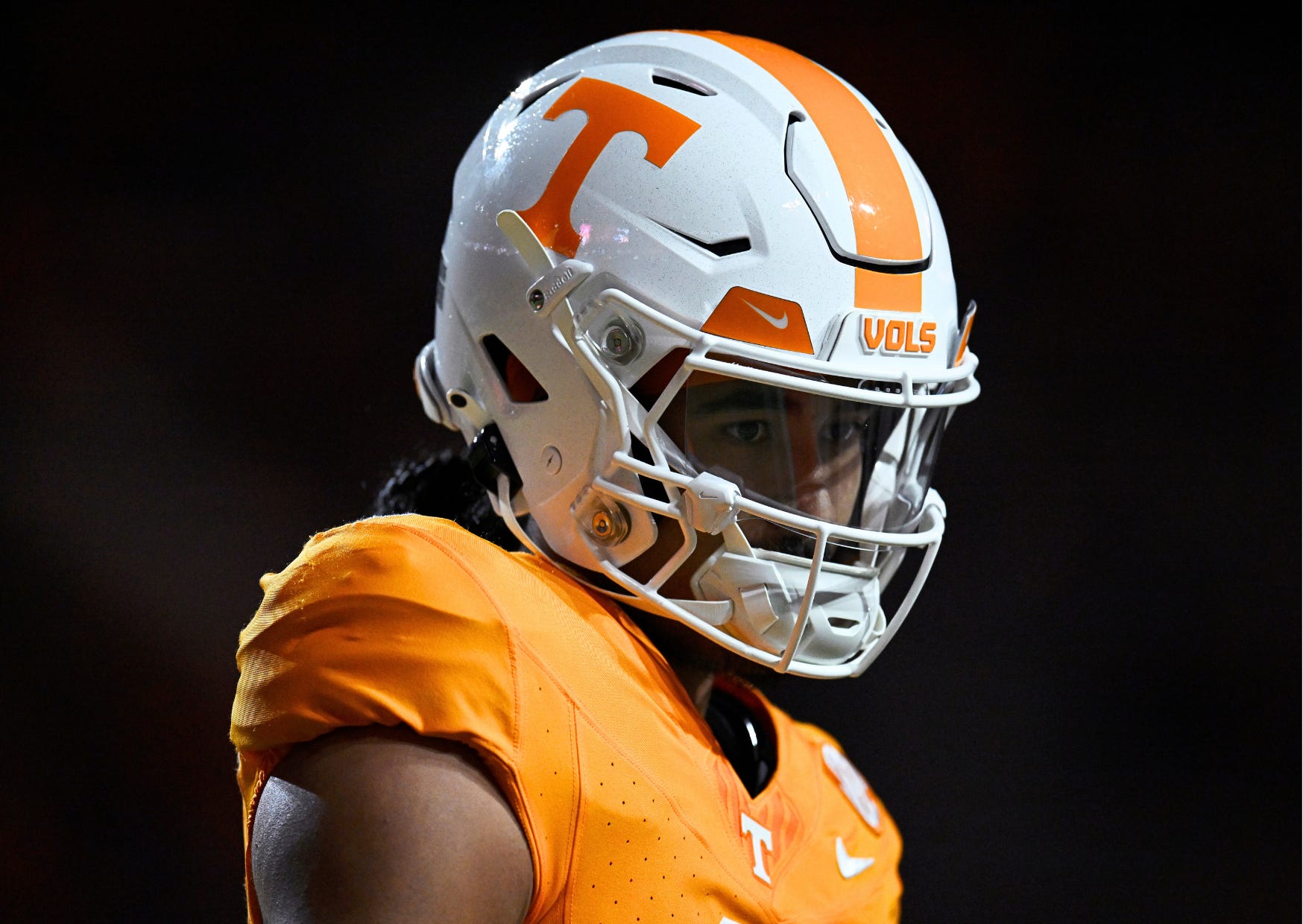Tennessee’s 10% “Talent Fee” Is Just Another Step In The Monetization Of College Sports
Last week, the University of Tennessee announced it is adding a 10% surcharge to all football tickets starting in 2025. In an email to season ticket holders, the school called it a “talent fee,” with the idea being that the money generated from the 10% fee would go into a revenue-sharing pool that would be used to pay Tennessee’s football players. The Volunteers also announced that ticket prices would increase 4.5% next year — in addition to the talent fee — meaning ticket prices are actually increasing 14.5%. This is intersting to me for several reasons. For starters, I’ve already seen Tennessee fans and even some college football writers act like the school is playing 4D chess, filling its coffers in anticipation of the NCAA’s antitrust settlement, which would allow schools to pay their athletes up to $22 million per year in starting in 2025. This is a decent take. Tennessee will technically be ahead of everyone else because other schools will implement a similar fee. However, this thought process is too surface-level, and my problem is twofold: Tennessee’s football team doesn’t need the money, and the school is misleading people about why they need the money, too. The University of Tennessee is one of the country’s wealthiest football programs. The school generated $134 million in football-only revenue last year against $59 million in expenses, leaving a surplus of $75 million. That also doesn’t account for Tennessee’s fundraising arm — the Tennesse Fund — which raised $140 million in 2023-24. That sounds great until you remember that only a handful of sports teams at each university usually turn a profit, and the football team typically ends up subsidizing everyone else. The best example of this is that if you added up all of Tennessee’s other sports programs but intentionally left football out of the equation, the Volunteer’s athletic department would operate at a loss of $60 million to $70 million annually. So, while it is technically true that the 10% ticket fee will go toward student-athletes, Tennessee could afford to pay its athletes without the additional fee, and the fee is really just helping offset the eight-figure losses of the school’s other sports teams. That’s not necessarily a problem. Title IX is a good thing! However, my issue is that it is disingenuous to act like this is a mandatory step if fans want the football team to compete for championships, especially considering what Tennessee will do next. The NCAA’s revenue-sharing settlement is still going through the legal process and may not be finalized before next season. But even if it is, Tennessee will still pass the $22 million in athlete revenue-sharing costs onto fans in a million different ways. For example, UT recently signed a 20-year deal to place Pilot’s logo on the field at Neyland Stadium. Once the NCAA approves it, Tennessee will probably sign a jersey patch deal worth $2 million to $3 million annually. Student ticket prices have also already jumped 150%, and that’s without counting merchandise sales, the upcoming 4.5% increase in season ticket prices, or the SEC’s $3 billion TV deal with ESPN. I often tell people that if you had to rank the world’s most profitable sports leagues, it would be the NFL and then college football. It should be widely understood that if a school’s operating costs increase, revenues will have to increase too. These are billion-dollar programs, and that’s precisely how any good CEO would operate their business. But just because college sports have become an increasingly large business, that doesn’t mean there aren’t several downsides to the continued chase of profits. UT is in a great spot right now. Top 10 football team, an outstanding quarterback, and a fast, punishing defense. I didn’t grow up in Tennessee, and I don’t root for the school, but it feels like they have a legitimate shot at winning this year’s national title. However, like many of you, I fell in love with sports because I played sports, watched sports, and attended sporting events. So, while I’m sure some of you will email me saying that my work directly contributes to this — I get that— forgive me for thinking that a family of four shouldn’t have to pay $1,000 to attend a college football game. It’s not just tickets, either. The selling of individual games to the highest bidder, which often ends up being a streaming company, has made it so kids can no longer come home and flip on the television to watch a game. And don’t even get me started on merchandise, which has become extremely expensive and somehow worse quality. These are industry-wide problems that extend well beyond a 10% talent fee at the University of Tennessee. There isn’t a great way to fix these issues because the genie is out of the bottle. Sports teams aren’t going to intentionally make less money, and most fans will pay up anyway, as UT averages over 100,000 fans per home game. But my stance is simple: The best sports organizations will continue to increase profits by focusing on things that have less of a direct impact on a fan’s wallet (TV rights, sponsorship deals, etc.), eventually stealing market share from the teams that aggressively hike ticket prices, squeezing every dollar they can out of dedicated fans. If you enjoyed this breakdown, share it with your friends. Join my sports business community on Microsoft Teams. Huddle Up is a 3x weekly newsletter that breaks down the business and money behind sports. If you are not a subscriber, sign up and join 125,000+ others who receive it directly in their inbox each week. You’re currently a free subscriber to Huddle Up. For the full experience, upgrade your subscription.
© 2024 |

